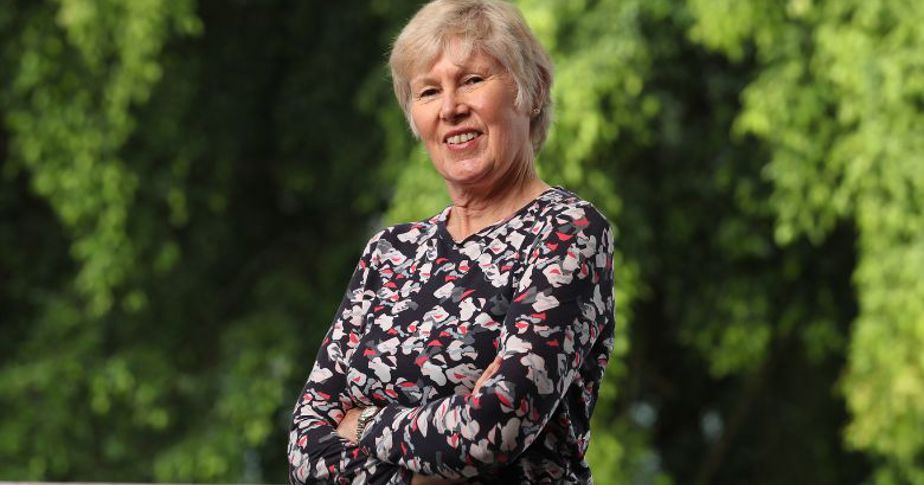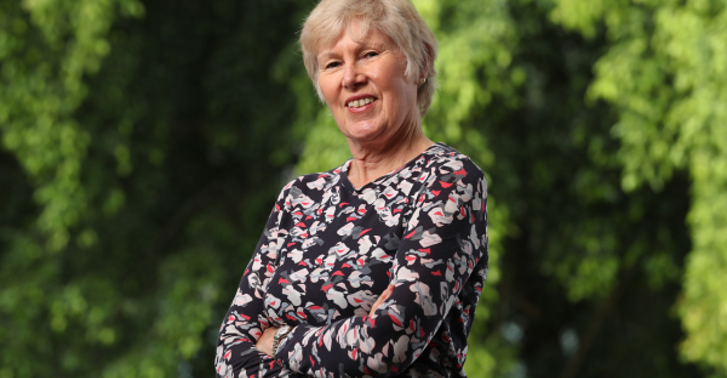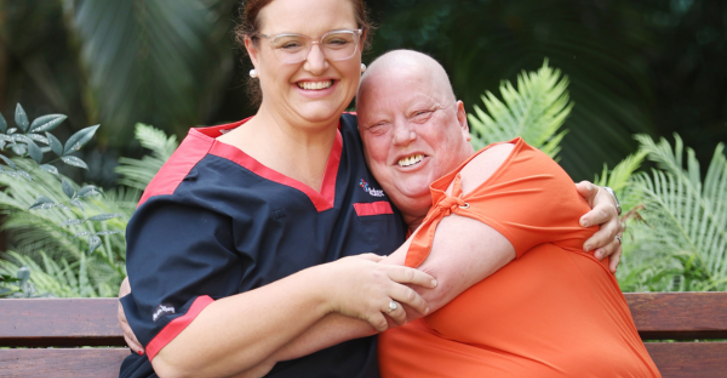
The first findings from a series of medicinal cannabis trials have revealed that Cannabidiol (CBD) oil does not improve pain, depression, anxiety nor quality of life for palliative care patients with advanced cancer.
The findings of the trial, conducted by Mater Research and The University of Queensland, are published in the latest edition of the Journal of Clinical Oncology.
Research leader and Mater Director of Palliative and Supportive Care Professor Janet Hardy said the randomised, blinded, placebo-controlled trial studied the effects of CBD – a key component of medicinal cannabis - on symptom relief for 144 patients from greater Brisbane.
“The trial revealed CBD was no better than placebo in reducing symptom burden in patients with cancer receiving standard palliative care,” Professor Hardy said.
“It demonstrated that CBD did not value add to palliative care.”
Professor Hardy said the clinical trial was one of the first to be funded by the Medical Research Future Fund (MRFF) in 2018 and aimed to fill the gap in scientific evidence supporting the usage of medicinal cannabis for pain relief and symptom distress.
“The best way to describe the uptake of medicinal cannabis following its legalisation was as a social phenomenon - everyone wanted it, but there was little evidence to guide its usage,” Professor Hardy said.
“Usually, new products entering the market have gone through extensive pre-clinical studies regarding best dosage and usage, however medicinal cannabis entered the market with very little guidance.”
In the trial, Professor Hardy said some patients were given a self-selected dose of CBD, up to 600mg per day, while others received a placebo. All patients also received standard palliative care throughout the trial period.
“The trial found there was no detectable effect of CBD on change in physical or emotional functioning, overall quality of life, fatigue, nausea and vomiting, pain, dyspnoea or appetite loss,” Professor Hardy said.
“There was no demonstration of an improvement in symptom control from CBD oil in patients with advanced cancer over that obtained from palliative care alone.”
“It did find however that CBD was safe and well tolerated with minimal adverse effects experienced due to CBD during the trial period.”
Professor Hardy said the findings of the first trial had significant implications for policy makers regarding the safe use of medicinal cannabis.
“Despite very limited evidence of benefit and no clear guidance around which cannabinoid or combination to use for which indication and at what dose, the use of cannabis for therapeutic benefit has risen exponentially over the past few years with strong public belief in its benefit,” she said.
The Journal of Clinical Oncology article details the findings of the first of three trials being conducted by Mater Research and The University of Queensland into the effects of medicinal cannabis.
The second trial is looking at the impact of tetrahydrocannabinol (THC) – a potentially intoxicating, psychoactive component of medicinal cannabis –used in combination with CBD, on palliative care patients with advanced cancer.
“The next stage of the trial should determine whether THC, despite having psychoactive effects, is of greater benefit for patients in palliative care,” she said.
“We are aiming to have the findings of our second trial ready to publish in mid-2023.”
“Despite the lack of evidence of benefit, more than one third (36%) of participants in the first study elected to purchase a medicinal cannabis product after the trial, despite being unaware if they were taking the CBD or placebo,” she said.
“Many participants reported a non-specific improvement in overall well-being, which has led us to consider some form of “happiness” scale in future studies.”
She said the third trial will use a different combination of CBD and THC.


